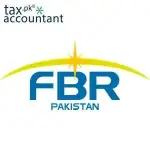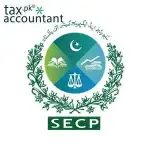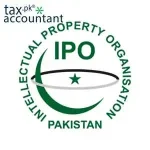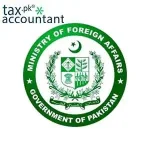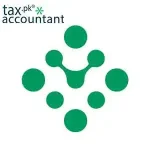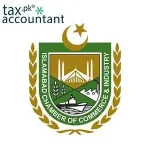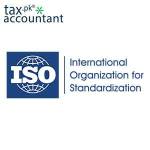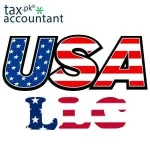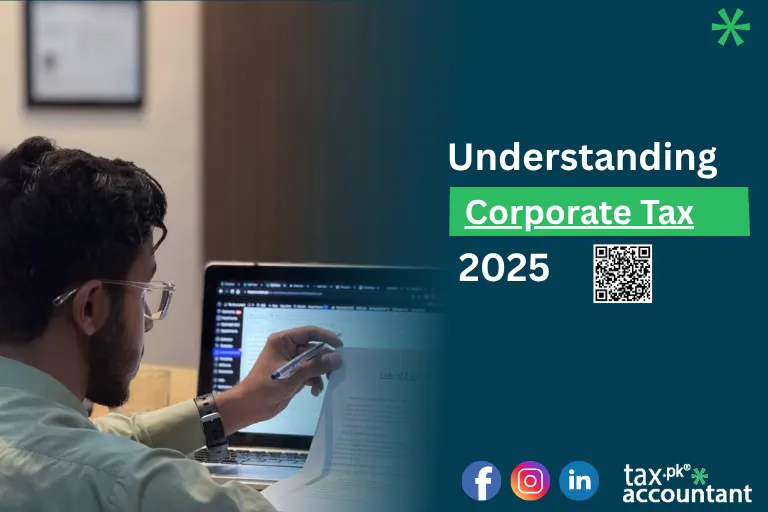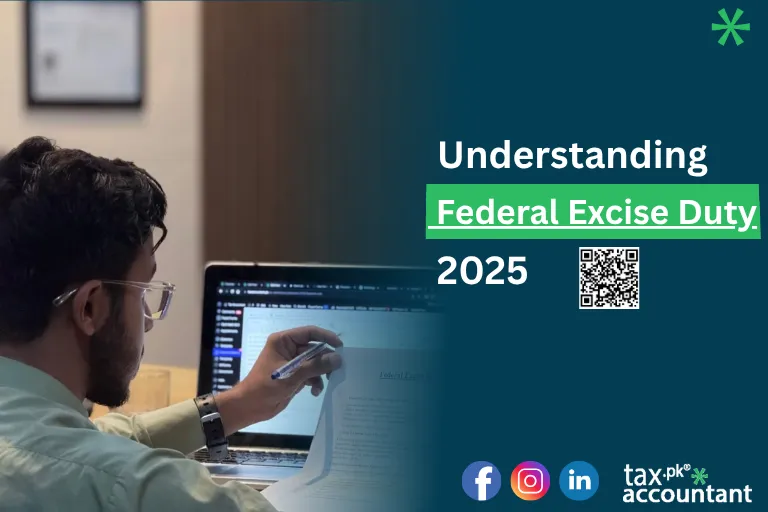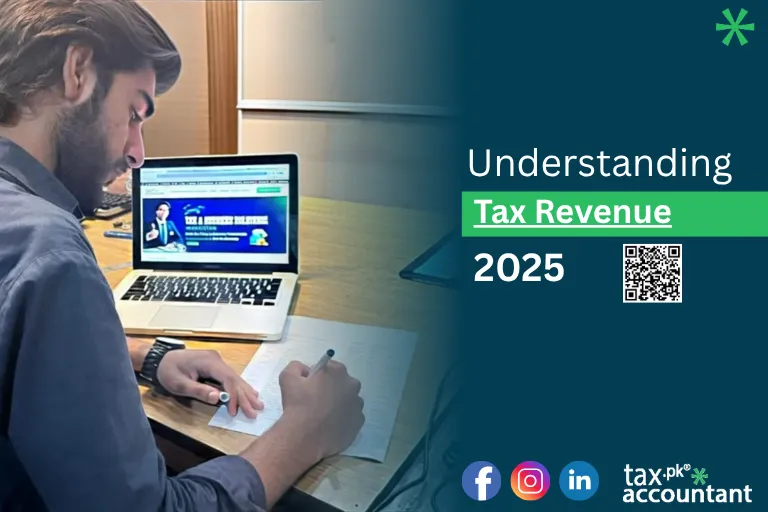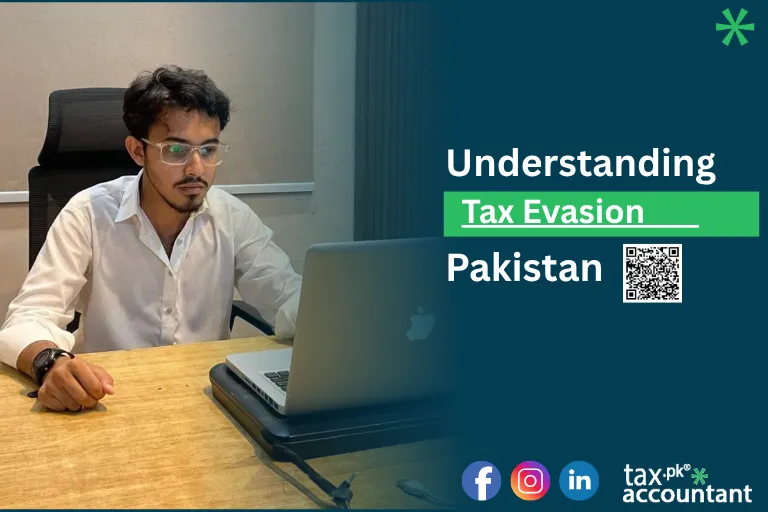Company Income Tax Return File Documents (2025)

Important Paperwork Needed to File a Business Income Tax Return in Pakistan in 2025
Companies doing business in Pakistan must file their income tax returns on time and correctly in order to stay in good standing with the Federal Board of Revenue (FBR) https://fbr.gov.pk/. If you made money from July 1, 2024, to June 30, 2025, that’s tax year 2025. Here is a short list of the most important papers your business will need:
The first set of financial statements are:
Audited Financial Statements This has the Balance Sheet, the Income Statement, the Cash Flow Statement, the Statement of Changes in Equity, and any notes that go with the accounts. These need to be checked by a qualified accountant for most businesses.
Balance of the Trial: A full trial balance for the whole fiscal year.
- Corporate Identification and Registration: –
- National Tax Number (NTN) or Company Registration Number: This is your company’s unique number with the FBR. –
- Memorandum and Articles of Association (MOA/AOA): These are the basic documents that explain the company’s goals and rules. –
- Certificate of Incorporation: This is a document issued by the Securities and Exchange Commission of Pakistan (SECP).
Copy of the reports that were sent to the SECP https://www.secp.gov.pk/ every year.
Withholding Tax Statements/Certificates: Detailed lists of all the taxes your company withholds (on wages, rent, goods and services paid for, etc.) and the taxes other people withhold from your company’s income. This includes challans, which are payment slips for taxes paid, and copies of sales tax returns filed with the FBR every month or every two months. It also includes copies of Federal Excise Duty (FED) returns filed.
- Advance Tax Challans: Proof of all advance tax payments made in advance during the year. Previous Year’s Income Tax Return & Assessment Orders : Useful for comparison and reconciliation.
- Information about income and expenses: –
- Bank Statements: All of the company’s bank account statements for the financial year. –
- Sales/Revenue Records: Invoices, sales registers, and other proof of the money that was made. –
- Purchase Records: Invoices, purchase orders, and proof of everything that was bought. –
- Expense Vouchers/Ledgers: Detailed records of all of the company’s operational and administrative costs.
- Fixed Asset Register: A list of all the company’s fixed assets, including what was bought, sold, and how much they have depreciated.
- Loan Agreements & Repayment Schedules: A list of all the loans the company has taken out or given out.
- * Inventory Records: A list of all the items that were in stock at the beginning and end of the period.
- Other Important Documents:
- Details of Associated Companies/Persons: Information on deals with related parties. –
- Export/Import Documents: Bills of lading, customs declarations, and other items needed for international trade. –
- Capital Gains/Losses Details: Records of buying and selling investments, property, etc. –
- Dividend Income Certificates For any money earned through dividends.
Profit on Debt Certificates: These show how much money you made from bank deposits or other investments. Zakat & Donations Records: These show the official records for any Zakat you paid or donations you made to approved organizations.
Key Things to Think About:
Companies must file their income tax forms electronically through the FBR’s IRIS portal (https://iris.fbr.gov.pk/). This is called “online filing.”
The general due date for businesses to file their income tax returns for the fiscal year ending June 30, 2025, is December 31, 2025. But it’s always a good idea to check with the FBR or a tax expert to make sure you know the exact date.
Keeping Records: For possible audits, keep careful records of all financial transactions and supporting papers for at least six years, as required by tax law.
Getting these papers ready ahead of time will make the tax filing process for your business easier and more legal. Always talk to a trained tax advisor if you’re not sure what to do.
About Umair A R Mughal
Umair A R Mughal is a unique professional who seamlessly blends the worlds of technology, finance, and regulatory compliance. With a solid foundation as a Chartered Accountant and a passion for technology, Umair offers comprehensive solutions that cater to the evolving needs of businesses in Pakistan.
View all posts by Umair A R Mughal
